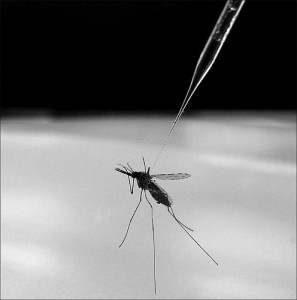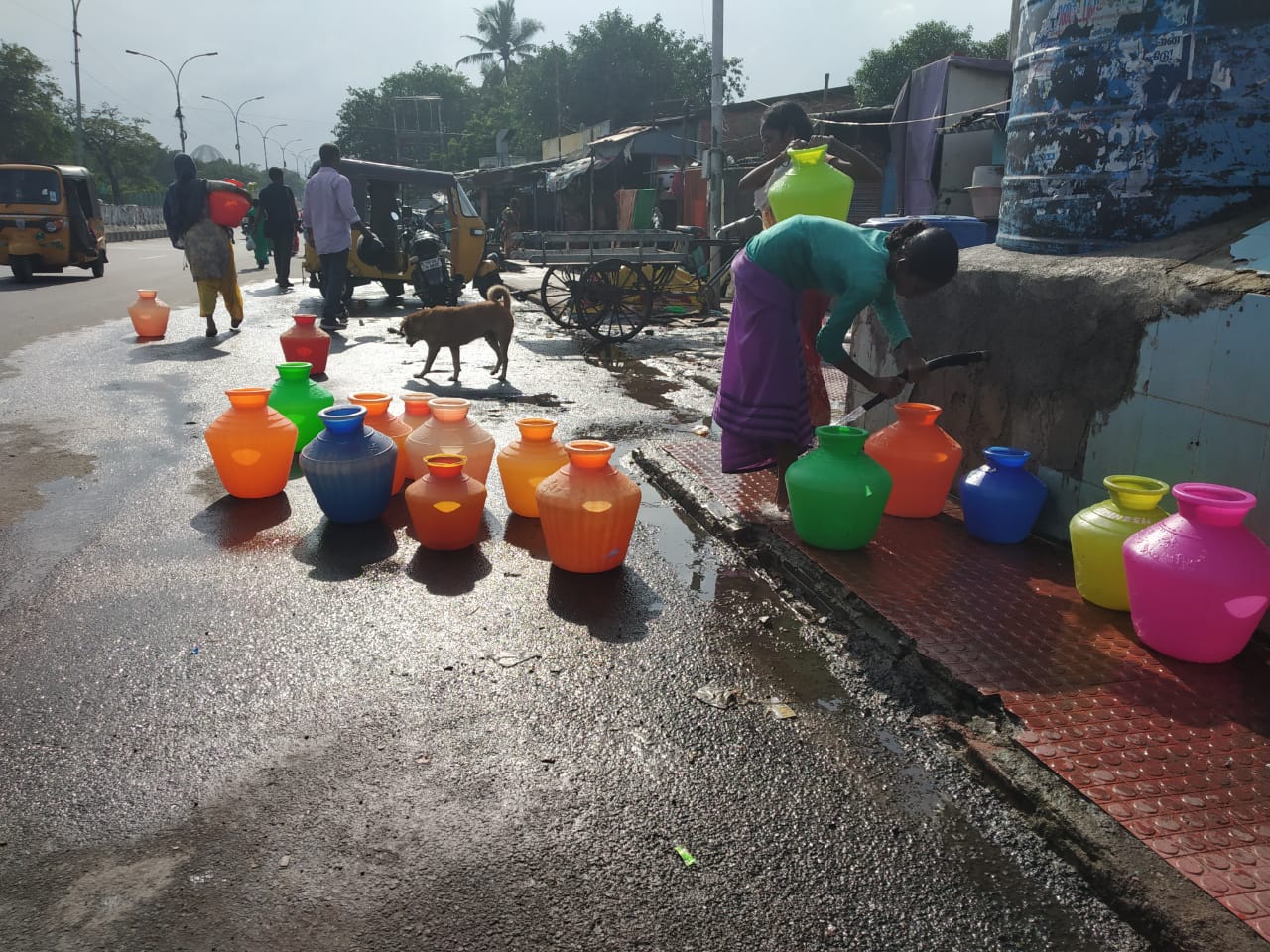Over 600,000 people die every year of malaria, especially in sub-Saharan Africa – but a new vaccine could rekindle hope towards an eradication of the disease.
GlaxoSmithKline (GSK), a UK-based pharmaceutical company, has announced plans to apply for approval for its RTS,S malaria vaccine.
RTS,S is the leading vaccine candidate for malaria. Clinical trials in seven African countries show that the malaria vaccine confers immunity over 18 months, reducing by half the chances of contracting malaria in children between five to 18 months. The effect is lesser in children between three to 12 weeks, where it reduces it by a quarter.
Malaria caused 219 million clinical cases and 660, 000 deaths in 2010 alone according to the World Health Organisation (WHO). Of these deaths, 91 per cent were in Africa. In areas where malaria is hyper-endemic, children under five years of age are the most vulnerable group. Over 85 per cent of deaths occur in this group. According to UNICEF, malaria kills a child somewhere in the world every minute.
According to UNICEF, malaria kills a child somewhere in the world every minute
Malaria also inflicts a lot of burden on the world’s economy. In 2011, international funding for malaria reached a peak of US$2 billion, which fell short of the US$5 billion the WHO estimated was needed. Malaria costs sub-Saharan Africa an estimated US$12 billion per year.
So much money and so little results: yet, malaria is completely preventable and treatable. In fact many countries have successfully eradicated malaria with existing interventions. What are the peculiarities in sub-Saharan Africa?
“First, Nigeria is a tropical country and a perfect breeding site for anopheles mosquitoes – vectors for malaria causing parasites,” said Dr Chinenye Oguejiofor, who works in a hospital in rural Nigeria. Dr Oguejiofor also lists several other factors including poverty, illiteracy and insufficient health facilities.
“Rural people do not internalise preventive measures when taught, they still sleep without mosquito nets even when it’s given to them without costs,” she said. Does the new vaccine offer any new hope?

Dr Val Uche, a Nigerian doctor and vaccinology researcher, thinks the vaccine will help in reducing malaria in Africa. “With an efficacy of about 50 per cent, it will go a long way to reduce the burden of disease – which is very high in sub-Saharan Africa.
“The impact of the vaccine will be more if combined with vector control as use of insecticide treated bed nets, rapid diagnosis and effective treatment.”
There is still a lot of skepticism towards the new vaccine especially as regards its partial effectiveness. Ginika Onwuachuasi, a malaria researcher, said, “Malaria parasites have always found ways to evade whatever intervention method we adopt. There are possibilities that there could be a lot of challenges in respect to this vaccine. Moreover, 50 per cent efficiency tells us we still need to work hard.”
In the past there has been hostile reception to certain vaccines in Nigeria. Nine female polio vaccinators were shot dead in Nigeria in February 2013. This aggression is expressed by conservative Muslims with a strong suspicion towards anything western.
“It is not uncommon to find people in rural settlements who think that every illness is caused by an evil spirits,” said Dr Oguejiofor. “They don’t even bother with taking medications not to talk of vaccines.”
Dr Uche said, “Nigeria has one of the poorest vaccination coverage in sub-Saharan Africa. According to WHO 2012 report, only 41 per cent of children born every year in Nigeria receive three doses of the existing DPT vaccine when due. The poor vaccine coverage will reduce the overall effectiveness of the malaria vaccine in Nigeria.” DPT is a combination vaccine that protects against diphtheria, tetanus and pertussis.
On its own merits, a malaria vaccine has a lot to offer towards curbing the spread of the disease in sub-Saharan Africa.
“Vaccination is one of the most cost effective public health interventions only second to provision of clean water,” said Dr Uche. “The new GSK malaria vaccine in itself is not very excellent (50 per cent efficacy) but when combined with existing interventions will make a significant impact in reducing morbidity and mortality associated with malaria in sub-Saharan Africa.”
However, it needs to be affordable or even free. It has to find a way into rural communities where there are very few health care centres and high illiteracy levels.
“The only way might be to go through the governments,” said Dr Oguejiofor.








